As the 2020 holiday season starts, it’s good to take a moment to review what we still want to accomplish before the end of the year. Once Halloween rolls, it feels like a blink of an eye before we’re all ringing in the New Year. We’ve compiled a quick list of year-end transactions to make sure you get the most out of your financial situation before 2021.
Year-End Transactions Checklist
1. Mutual Fund Distributions
You should review this for tax purposes. Mutual funds usually make their annual distributions in mid-November to mid-December. Ordinarily, the number is somewhere in the single digits but can be much higher. Mutual funds must pass through any realized capital gains and income directly to the investor each year. This applies to taxable accounts only – IRAs, annuities, and other tax-qualified accounts have tax-deferral until money is withdrawn from the account.
2. Tax Loss Harvesting
If you have investment losses in a taxable investment account, depending on your tax situation, it may be a good idea to realize those losses. By doing this, you reduce your overall tax burden, especially if you can write the loss off against ordinary income.
3. Capital Gain Harvesting
If you are in a low federal tax bracket (10% or 12% marginal brackets), any long-term capital gains will be taxed at 0% federally. Therefore, you might be able to take some gains without paying tax. There are important rules to follow with this that include wash-sale and possible Social Security taxation. It’s important that you work with a qualified tax advisor to make sure you don’t make any costly and irreversible mistakes.
4. IRA Distributions
Another year-end transaction is to look at distributions. These can have tax consequences in the year they are taken. You should your tax professional to see if an additional distribution might be beneficial before the end of the year. This is especially true if you know you have a large outlay coming the following year. In this case, you may be able to reduce the tax burden by spreading the distribution out over two years.
5. Roth IRA Conversions
As with a distribution, a Roth IRA conversion must be done in 2020 to impact 2020 taxes. Over longer periods of time, Roth IRA conversions can help you create large tax-savings. You should work with your financial advisor and tax professional to see if this might be a good strategy for you.
6. Charitable Donations/QCDs
Gifting is a way to get a larger deduction if you can itemize them. As with any tax related item, it’s a good idea to run this by your tax professional. If you use the standard deduction, a Qualified Charitable Distribution (QCD) may help you accomplish your giving in a more tax-efficient way.
7. Medical Benefits
If you have hit your out-of-pocket maximum in 2020, further care is fully paid for by insurance. Knowing this, you can save thousands of dollars by getting high-ticket health work done before the end-of-the-year if this applies to you. It’s a good idea to try and lump major expenses into a single year if they can be planned.
8. Flexible Spending Account
If you have money in your FSA, look for ways to spend it before 2021 as one of your year-end transactions. You can roll over up to $500 to the next year, so make sure your account is below that level before the new year.
9. Optical & Dental Coverage
Now is your last chance to use your optical and dental coverage for the year. Go get that new pair of glasses or your dental cleaning and work done. You have already paid for it with your premiums through the year. Make sure to call and book as soon as possible since offices are busier than normal due to COVID.
10. Gifting to Family
Each year the IRS gives you an annual exclusion amount to gift taxes. In 2020 the amount is $15,000 per giftee. If you are planning on starting a program of gifting, or are already making gifts, be sure to utilize your annual exclusion amount each year. The amount changes periodically, so it’s good to review the limits each year.
We hope you can now feel a bit more confident and sure of year-end transactions to make. If you have further questions about any of these areas or your wealth management in general, we’d love to be in touch. You can contact us here! Next week we will be giving you a Roth IRA checklist, so be sure to stay tuned!

